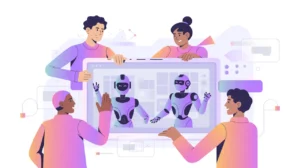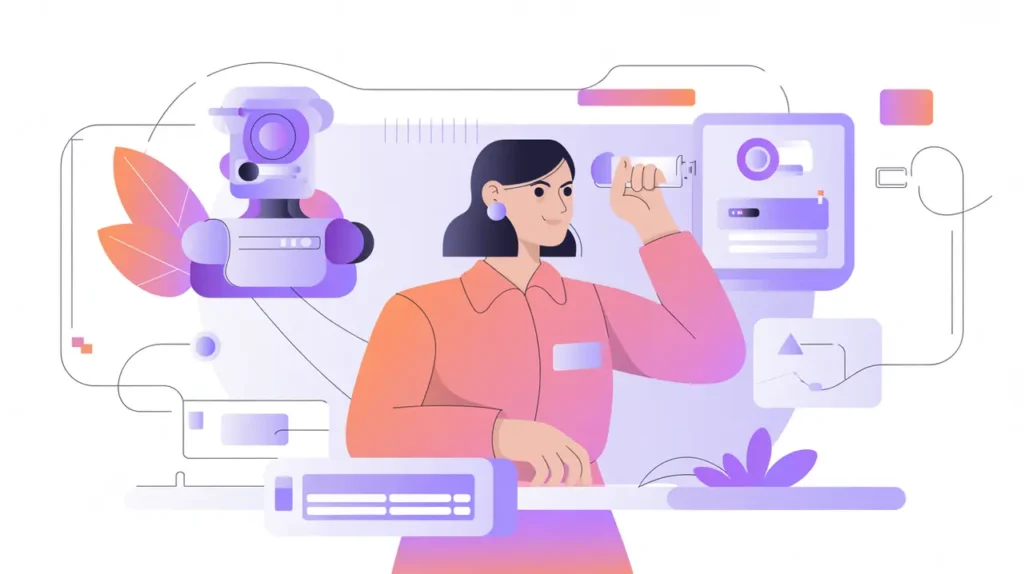Importance of Fair Compensation in Annotation Markets
Fair Compensation in Annotation Markets refers to ensuring that workers who label and classify data for AI systems are paid fairly and treated with dignity. Data annotation is the backbone of machine learning, yet it is often invisible, undervalued, and outsourced to low-income countries. Its importance today lies in the global growth of AI, where demand for annotated data is rising but compensation practices frequently lag behind ethical standards.
For social innovation and international development, this issue matters because mission-driven organizations must avoid perpetuating exploitative labor practices while relying on AI systems built on the contributions of hidden workers.
Definition and Key Features
Annotation markets include global platforms and outsourcing firms that provide labeled datasets for training models in computer vision, natural language processing, and speech recognition. Workers tag images, transcribe audio, or categorize text, often under time pressure and with low pay. Reports from organizations like Fairwork and Partnership on AI highlight systemic inequities in the sector.
This is not the same as crowdwork more broadly, which includes a variety of online tasks. Nor is it equivalent to volunteer-driven annotation for open data projects, where participation is optional. Annotation markets form a labor economy where fairness and equity are central concerns.
How this Works in Practice
In practice, fair compensation involves paying living wages, ensuring transparency in pricing, and providing safe working conditions. It may also include benefits such as worker training, grievance mechanisms, and career pathways beyond low-skilled annotation work. Some organizations are exploring cooperatives and ethical sourcing standards to improve conditions.
Challenges include opaque subcontracting chains, lack of enforceable labor protections across borders, and client demand for ever-lower costs. Ethical procurement requires organizations to consider the hidden human labor embedded in AI systems.
Implications for Social Innovators
Fair compensation in annotation markets is directly relevant for mission-driven organizations. Health initiatives using annotated medical images must ensure data suppliers uphold labor rights. Education programs building adaptive platforms often rely on annotated text and speech datasets, making sourcing practices critical. Humanitarian agencies using AI for crisis mapping or translation should demand ethical labor standards from providers. Civil society groups advocate for transparency and fair labor practices across the AI supply chain.
By promoting fair compensation in annotation markets, organizations ensure that the human foundations of AI are valued, ethical, and aligned with social impact goals.






